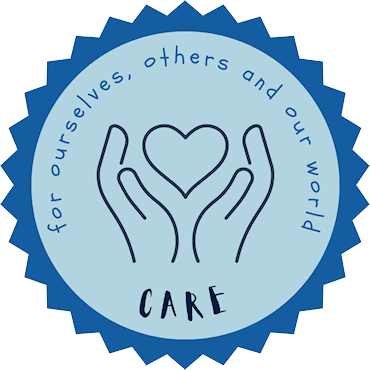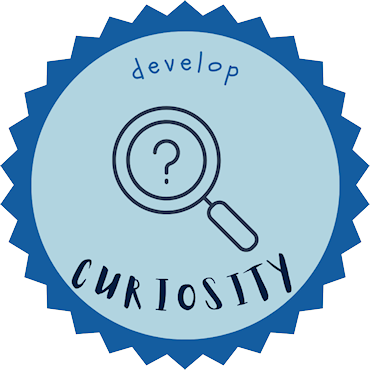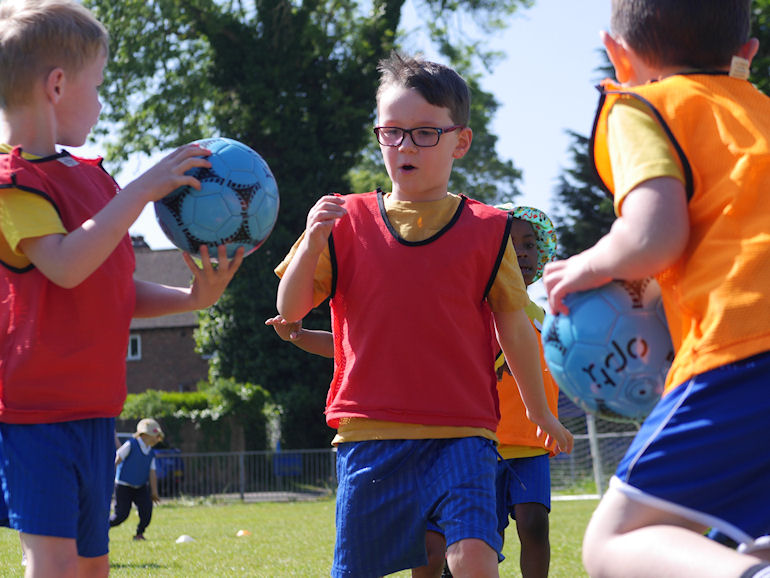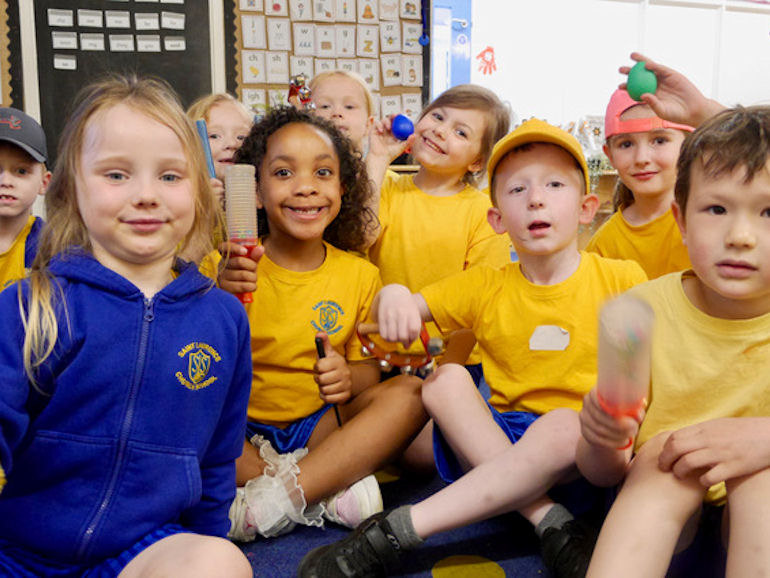Curriculum
Curriculum Drivers
Our Curriculum is designed to develop five core characteristics in our pupils, which we believe will lay the foundations for them to be lifelong learners and good global citizens. These are:

Community

Creative

Care

Curiosity

Communicate
Curriculum Intent
The curriculum is all the planned experiences we provide for our pupils in order to develop an enjoyment of and commitment to learning. It includes not only the formal requirements of the National Curriculum and Early Years Foundation Stage but also includes the ‘hidden curriculum’ which is all the other things children learn from just being in school.
St. Laurence Church Infant School gives children full access to a broad and balanced curriculum, enabling them to achieve the highest academic and personal standards possible, promoting their spiritual, moral, social and cultural development and beginning to provide them with the challenges and life skills they will need in order to take their place in modern British society.
As an Infant school we know that our children need a solid foundation in literacy and numeracy. As a Church of England School we recognise RE as a core subject.
When planning a curriculum for our school we have established the following principles:
- Our curriculum will be child centred – encouraging their innate curiosity, developing their creativity and allowing them to make connections in their learning
- We have ambition and high expectations for all and believe in an inclusive curriculum
- Through our curriculum children’s physical skills will develop and children have many opportunities to experience outdoor learning
- Adherence to the school’s Christian values and compassion is a guiding tenet
- Children know how to make a positive contribution to their community and the wider society including a developing awareness of global issues
The school strives to provide a curriculum that all pupils will find enjoyable and that helps them to understand the relevance of their lessons. Equal value and recognition is given to pupils’ strengths in all areas of the curriculum. We hope that they will develop a love of learning that will stay with them throughout their education and into adult life.
Our values are firmly rooted in Christian faith and belief. We value all of our children, whatever their background or ability. We expect them to show compassion, consideration and respect for others in the hope that they will develop into caring and responsible citizens. We encourage truth, honesty, fairness, loyalty and perseverance.
Personal faith and belief is a very individual matter and cannot be taught. However, we do aim to give children a sound understanding of what it is to be a Christian, and provide opportunities from which belief and faith may stem. We also provide the opportunity to study other faiths and the ways in which those faith communities conduct their religious and spiritual lives.
We know that children will enter our school with differing levels of academic, physical and social development. We aim to cater for different needs, and for each child to achieve success and make progress and to ensure that success will be valued whatever the level of achievement.

Team games such as football are taught in the PE curriculum

Using instruments as part of the music curriculum
Birmingham Curriculum Statement
As a school, we ensure the teaching of a broad, balanced and relevant curriculum, which encompasses the key elements within the Birmingham Curriculum Statement. The Statement is a guarantee from the Council for the future of children in Birmingham.
Curriculum Subjects
English
- Spoken Language Overview EYFS
- Reading Overview EYFS
- Writing Overview EYFS
- Talk 4 Writing Overview – Fiction
- Our Reading Spine
- Handwriting Scheme
- Talk 4 Writing Overview – Non Fiction
- English Policy – 2023
We use Twinkl Phonics as our systematic synthetic phonics scheme.
Art and Design
Computing
Design and Technology
Geography
Music
Physical Education (PE)
Religious Education (RE)
Assessment
Assessment for Learning tells us what the children know and, therefore, helps us to plan the next stage of their learning. In Reception ongoing assessment is recorded throughout the year in an Early Years Foundation Stage Profile for each child.
The Phonics Screening Check is a statutory assessment for all children at the end of Year One. It is designed to confirm whether individual children have learnt phonic decoding to an appropriate standard.
End of Key Stage One Assessment for children in Year Two takes place in the Summer Term to measure progress in English, Mathematics and Science. Teacher assessments are supported by practical tasks and written tests, which are also known as SATs (Standard Assessment Tasks and Tests). These are designed to help inform the final teacher assessment judgement reported for each child at the end of Key Stage 1.
Home Learning
The time and encouragement you give to support your child’s learning at home will benefit them greatly as they enjoy sharing their experiences with you.
We particularly encourage the children to listen to stories, share and talk about books, and read at home. We hope that sharing books will be a pleasurable experience and foster a life-long interest in reading.

